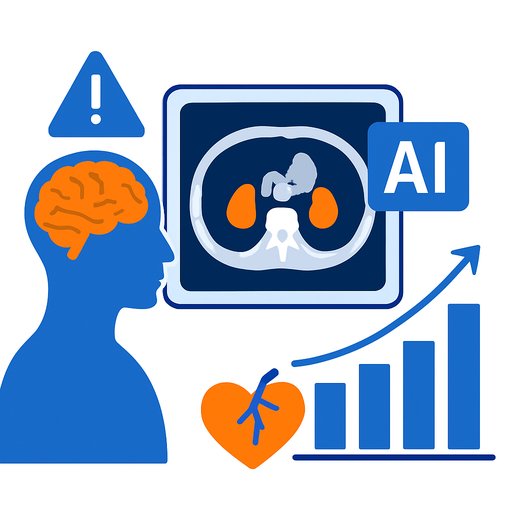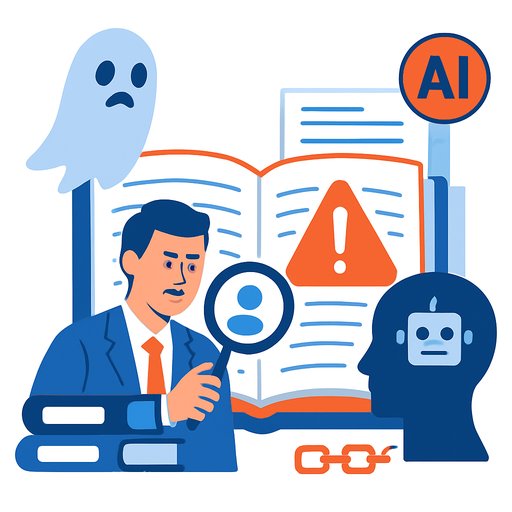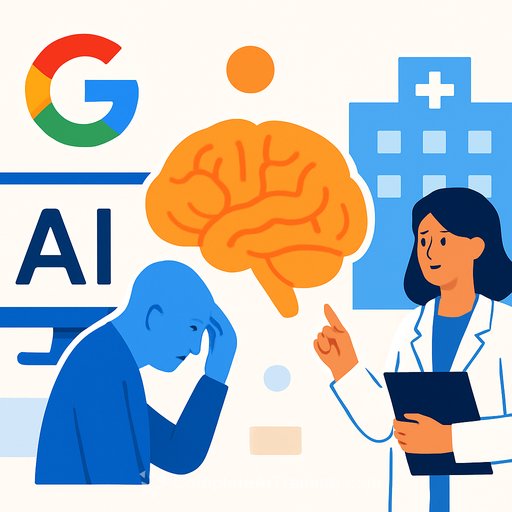Oklahoma State University Secures $3M NSF Grant to Train Next-Gen Talent in Quantum and AI
Oklahoma State University’s Departments of Physics and Mathematics have been awarded a $3 million National Science Foundation Research Traineeship (NRT) grant. This funding will support the Accelerating Transdisciplinary Training of an Oklahoma Workforce for the Artificial Intelligence and Quantum Revolution (ATTAQ) program, focused on graduate training at the intersection of quantum information science (QIS) and artificial intelligence (AI).
Leading this initiative are professors Yingmei Liu, Thomas Bilitewski, Julius de Rojas, Joe Haley, and Paul Fili. The program integrates theoretical study, laboratory research, and professional development, alongside fully funded internships with top companies in AI and quantum science sectors.
Meeting Workforce Needs with Interdisciplinary Training
The NSF NRT program aims to develop new models for STEM graduate education that align with evolving workforce demands. ATTAQ responds by combining research and education in QIS and AI, offering students comprehensive skills and real-world experience.
“Being awarded an NRT grant by the NSF is a clear recognition of the excellence in research and education in our departments,” said Dr. Flera Rizatdinova, head of the Department of Physics.
Building Regional and National Leadership
ATTAQ builds on OSU’s expertise, enhancing its leadership in physics and mathematics at both regional and national levels. The program supports the university’s land-grant mission by advancing teaching and research excellence to address critical technological and societal challenges.
Dr. Yingmei Liu, physics professor and Noble Foundation Endowed Chair, emphasized the program’s focus: “This validates the vision of our departments to cultivate scientists and engineers uniquely equipped to work at the interface of QIS and AI.”
Program Scope and Impact
- Over five years, ATTAQ will fund more than 30 graduate students.
- It will provide advanced, cross-disciplinary training to over 100 students across physics, computer science, mathematics, materials science, and engineering.
- The program promotes collaborative research addressing challenges like quantum computing, trustworthy AI, advanced materials, and cybersecurity.
Professor Julius de Rojas highlighted the broad scientific and technological goals: “Graduates will leave with skills to tackle fundamental scientific questions and societal challenges emerging from QIS and AI, prepared for leadership roles in academia, industry, and government.”
Professional Development at the Core
Professor Thomas Bilitewski noted the emphasis on professional growth. The program integrates hands-on training and fully funded industry internships into the graduate experience, ensuring students gain both technical expertise and practical skills.
“This approach prepares students not just for careers, but for leadership positions in fields critical to national security and innovation,” Bilitewski said.
For those interested in AI training opportunities, explore comprehensive resources and courses available at Complete AI Training.
Your membership also unlocks:






